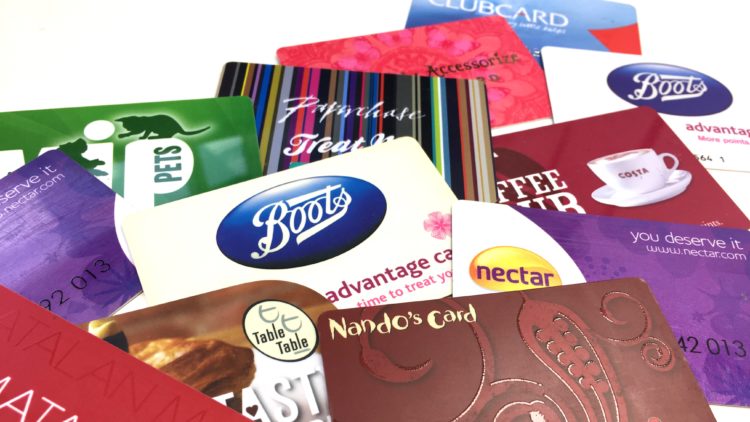Data privacy: a concern so ubiquitous that it’s begun to
feel like a load of white noise. Hardly a day seems to go by without a
Cambridge Analytica; some impenetrable scandal where people we’ve never heard
of steal our precious data and put it towards some vaguely nefarious purpose. Or
something. Part of the problem is that requests for our data are both
omnipresent and, on the face of it, pretty benign. Download our app and get a
free coffee. Subscribe to our mailing list for exclusive offers. Why on earth,
you may ask, shouldn’t I exchange my
email for some ‘10% off’ vouchers? And what exactly is so dangerous about the fourteen
loyalty cards hanging from my mum’s keyring?
The answer to the latter is, unfortunately, an awful lot. Customer loyalty schemes
are, in many ways, the progenitors of so-called ‘surveillance capitalism’ – a
term coined by decorated social psychologist Shoshana Zuboff. While Facebook
might have access to your holiday beach snaps, or your cat’s birthday, companies
you buy from can glean just as much insight by analysing your repeated
purchasing habits. Aside from failing to provide any tangible value to the
consumer, loyalty cards are generally managed by some third party company – one
that may have a financial interest in selling your data off to data brokers.
On the surface, this may not sound too scary. So what if some company knows you eat a bit too much red meat? Surveillance capitalism relies on collecting these small, seemingly insignificant scraps of data, and compiling them to obtain a fuller picture of you – everything from your financial status to the quality of your sex life can be ascertained from the right combination of online surveys and Facebook likes. Such is the oeuvre of analysts like Cambridge Analytica – the design of complex psychological models that, at their core, know you better than even your closest friends and family.
Having deduced your political beliefs, your personal preferences, and your physical and mental health, the model can then be used to make predictions about your behaviour – and not just the innocuous ones about which detergent you’re more likely to pick. Worse still, it can be used to shape anything from what you buy to who you vote for, and inevitably mingles with the idea of a surveillance state. As Theresa May – a longstanding proponent of increased surveillance – comes under fire for her party’s involvement in the Cambridge Analytica fiasco, it becomes clear that the old slogan ‘if you’ve got nothing to hide, you’ve got nothing to fear’ is as false as we always thought it was.
But where does that leave loyalty cards? While it’s true they’re falling generally out of favour, digital replacements have spawned thick and fast. Today’s consumers are increasingly plundered for the innermost details of their lives, which are shaped and sold back to them as targeted ads, fake news, and pithy campaign slogans, in a nightmarish capitalistic equivalent of auto-cannibalism.
Please comment, share, and subscribe if you agree!

